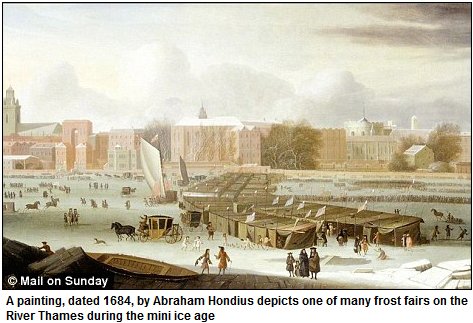I was against the Kyoto agreement from the start, but the government of the day had to be seen to be more “green” than the Americans. John Ibbitson explains:
The Harper government’s decision to withdraw from the Kyoto Protocol tarnishes Canada before the world. Liberal and Conservative incompetence and mendacity are to blame. You and I are to blame. And Lehman Brothers had something to do with it as well.
It isn’t easy for a country to descend, in the space of a single decade, from crusader to pariah, as Canada has done on the environment. But our political leaders were up to the task.
The first, worst mistake occurred at Kyoto itself in 1997, when then prime minister Jean Chrétien told Canadian negotiators to meet or beat the American commitment, whatever it took. The problem was that while the American commitment was ambitious, Bill Clinton never expected the Senate to ratify that commitment, and he was right.
The Liberals found themselves stuck with Draconian targets that, if met, would hobble oil sands production, hammer big industry in Ontario, and send home-heating bills through the roof. Their solution was to study the issue. And study. I remember sitting through an interminable briefing in 2003, in which officials patiently explained how Canada would meet its Kyoto targets. The only problem was that there was this enormous gap, which was to be closed through “future reductions.” It was like having a household budget in which Miscellaneous was bigger than Mortgage.
Given the hammering that British PM David Cameron has been taking in the British press, he should send a bouquet of flowers to Stephen Harper for giving the media a different villain to abuse.
Update: Stephen Gordon says the same thing: inevitable from the beginning.
Notwithstanding economically illiterate attempts to pretend otherwise, higher consumer prices for GHG-emitting goods and services are an essential component of any serious attempt to reduce emissions. Counting on people to reduce GGE emissions out of the goodness of their hearts was the strategy of the Chrétien-Martin Liberal governments, and adopting this policy made Canada’s Kyoto failure inevitable long before Stephen Harper’s Conservatives came to power.
Political parties rarely win when they campaign on a platform that promises to increase the price of fossil fuels — the Progressive Conservative government of Joe Clark lost power in large part because of its proposal to increase the gasoline excise tax by 18 cents a gallon (4 cents a litre).
Update, the second: Oh, it’s okay, apparently we’re not allowed to abandon the “voluntary” agreement:
Remember how this was phrased? “sign it, it’s just voluntary!”
Recall Rio 1992 “Earth Summit” where the meme was “hey, it’s voluntary! … with a negotiating schedule attached”. Apparently, like a Roach Motel, “countries check in but they can’t check out”. This email is from UNFCCC’s list server and note my bolded section below. The arrogance, it burns.
[. . .]
“I regret that Canada has announced it will withdraw and am surprised over its timing. Whether or not Canada is a Party to the Kyoto Protocol, it has a legal obligation under the Convention to reduce its emissions, and a moral obligation to itself and future generations to lead in the global effort. Industrialized countries whose emissions have risen significantly since 1990, as is the case for Canada, remain in a weaker position to call on developing countries to limit their emissions.”
 Lewis Page summarizes some recent findings published in the peer-reviewed Earth and Planetary Science Letters journal:
Lewis Page summarizes some recent findings published in the peer-reviewed Earth and Planetary Science Letters journal:



